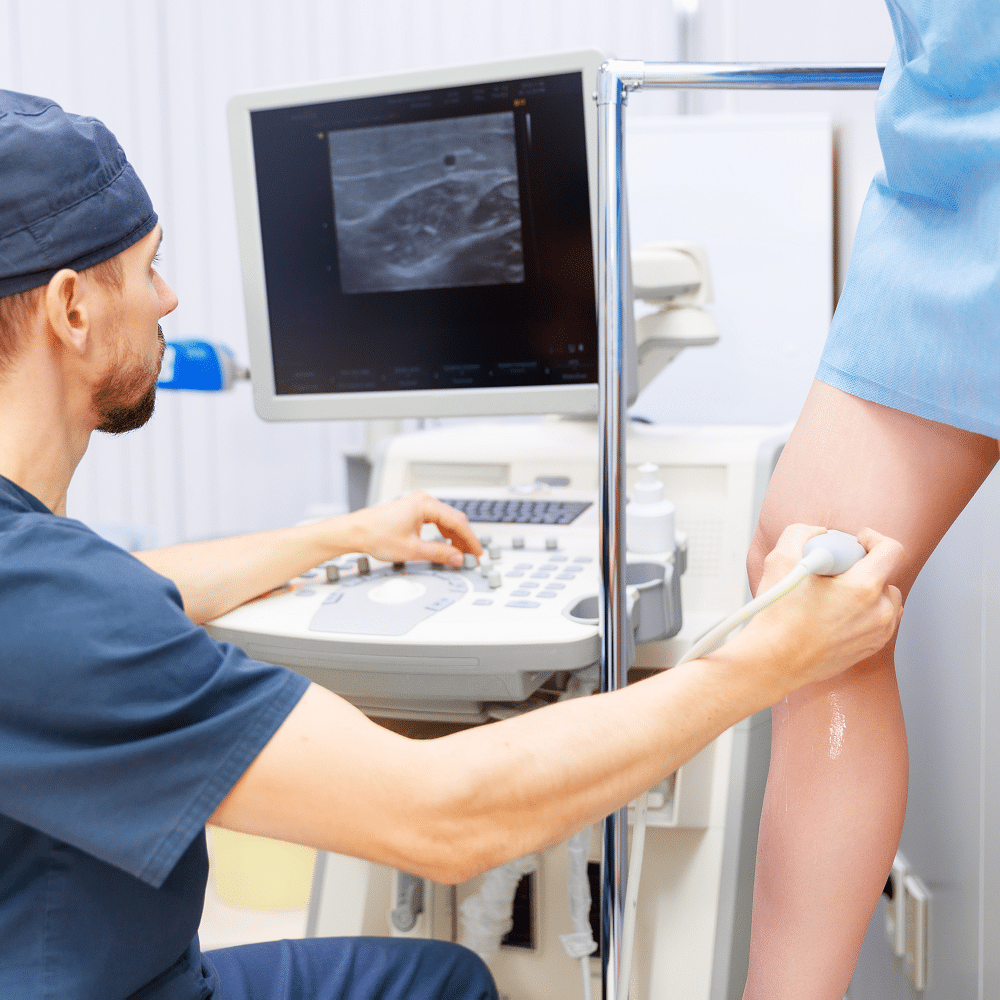Understanding Obesity
Obesity(1) is the accumulation of excessive body fat that can lead to numerous health problems. It is primarily caused by an imbalance between calorie intake and expenditure, coupled with genetic and environmental factors. The health implications of obesity(2) are far-reaching and can include:
– Cardiovascular diseases
– Diabetes
– Musculoskeletal issues
Understanding Varicose Veins
Varicose veins(3) are enlarged, twisted veins that usually occur in the legs. They can be visually identified as blue or purple veins that bulge out from the skin’s surface. Common symptoms include:
– Aching
– Heaviness
– Discomfort in the legs
These symptoms worsen particularly after prolonged periods of standing or sitting. According to a Queens vein doctor, if left untreated, varicose veins can also cause:
– Infections
– Bleeding
– Blood clots
The Link Between Obesity and Varicose Veins
The connection between obesity and varicose veins(4) lies in the additional pressure that excess weight places on the veins in the lower body. When a person is obese, the increased body weight puts extra strain on the veins, making it harder for them to pump blood back to the heart effectively. This can result in blood pooling in the veins, leading to the development of varicose veins.
How Obesity Contributes to Varicose Veins
Besides the increased pressure, obesity can contribute to varicose veins through a sedentary lifestyle and unhealthy diet. Lack of physical activity weakens the leg muscles, hindering effective blood circulation. Also, a diet high in processed and unhealthy foods can cause inflammation and damage blood vessels, further exacerbating the problem.
Managing Obesity and Preventing Varicose Veins
Weight management is crucial to prevent varicose veins(5) and improve overall health. Making lifestyle changes can aid in preventing varicose veins. Try the following activities to alleviate the pressure on the veins and improve blood circulation in the legs:
– Incorporate regular exercise
– Adopt healthy eating habits
– Stay hydrated
– Quit smoking
– Avoid prolonged sitting or standing
– Wear compression stockings
– Elevate the legs when resting
– Limit high heels
– Avoid tight clothing
Medical Interventions for Varicose Veins
In cases where varicose veins are already present, several medical interventions(6) can provide relief.
– Sclerotherapy. This procedure involves injecting a solution into the affected veins, causing them to shrink and fade.
– Endovenous laser treatment. It uses laser energy to seal off the affected veins, redirecting blood flow to healthier veins.
– Surgical options. Vein ligation and stripping may be considered for severe cases.
When to Seek Medical Help
Varicose veins are generally not life-threatening. However, if you experience severe symptoms like the following, you should seek immediate medical attention:
– Intense pain
– Swelling
– Skin ulcers near the affected veins
Consulting a healthcare professional can help diagnose the severity of the condition and recommend appropriate treatments.
The Importance of Early Intervention
Addressing obesity and varicose veins early on is essential to prevent complications and enhance overall quality of life. By taking proactive steps to manage obesity and prevent varicose veins, you can significantly reduce the risk of further health issues.
Conclusion
Obesity and varicose veins are interconnected in a complex manner. Excess weight exacerbates the development of varicose veins. However, through weight management, you can effectively mitigate the risk and manage the symptoms of varicose veins. Early intervention and proactive measures are key to preventing complications and enjoying better health.




